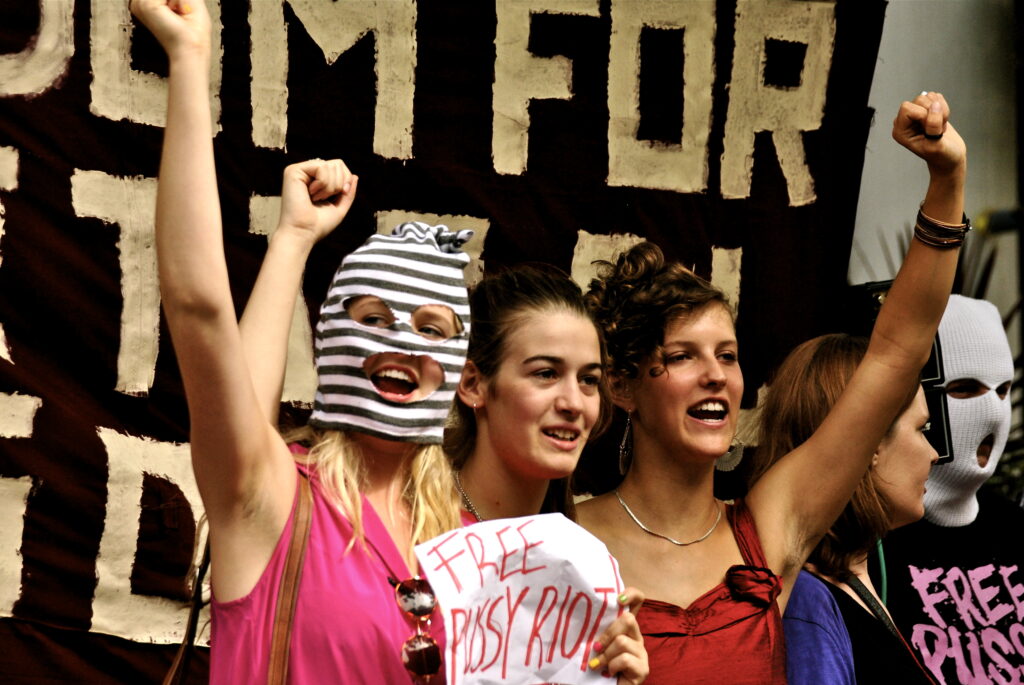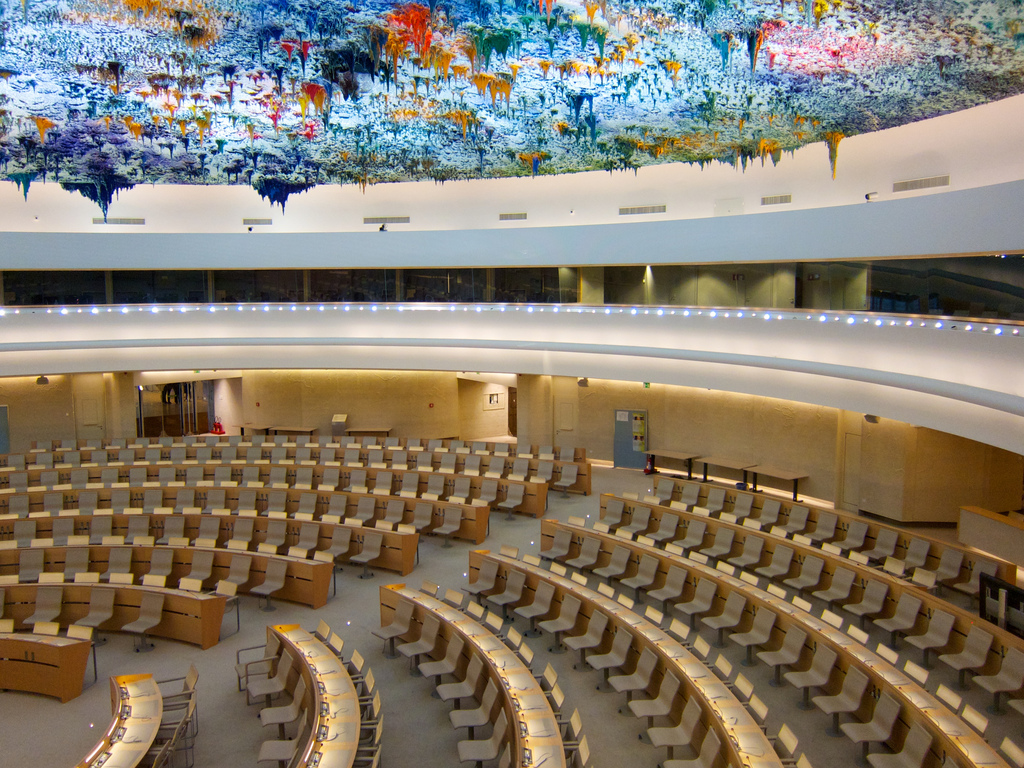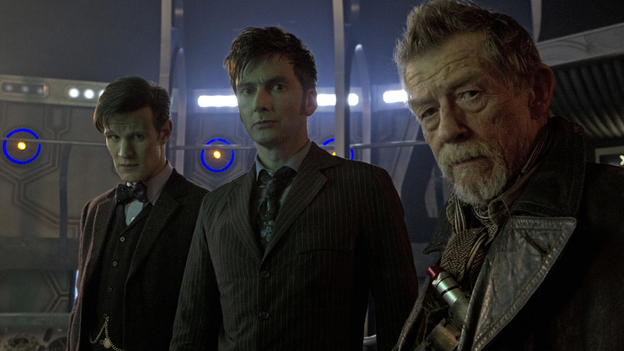
Non-religious pastoral carers, trained by the Non-Religious Pastoral Support Network, are addressing an unmet need for the 50% of people in Britain who have no religion
For two years now the British Humanist Association has been training and accrediting non-religious people to provide pastoral care in a range of institutional settings throughout the UK. Our network has been rapidly expanding and now stands at over 120 accredited carers operating nationally. All our carers share a common goal in supporting the pastoral needs of patients, students, prisoners, service users, their families, and institution staff at some of the most challenging of times in their lives.
Until now, many non-religious people have not been able to access a like-minded service and instead have settled for religious chaplaincy or not engaged with what’s on offer because of its religious content. Whether that be someone facing the end of their life and wanting to discuss existential questions around meaning and purpose; someone locked in a prison cell twenty-three hours a day dealing with the reality of their loss or freedom, or someone unable to cope with the pressures of adolescence combined with leaving home for the first time – our service is there to provide a listening ear and empower people to make sense of their problems. That is not to say that religious chaplains can’t provide excellent support to non-religious people but just as sometimes a Christian may wish to discuss their issues with someone who shares their worldview, a Muslim a Muslim, a Buddhist a Buddhist… it follows that a non-religious person would also like that same choice and opportunity.
The Non-Religious Pastoral Support Network (NRPSN.org.uk) was developed to address two key areas of inequality: 1) to ensure that all non-religious people have access to a like-minded care service, and 2) to ensure that non-religious people have an equal opportunity to provide pastoral care. To ensure we are able to address these two issues we have had to train and accredit a highly professional volunteer base, whilst at the same time work at a strategic level to put agreements in place a promote our network and its objectives. In both these areas we have had major successes of late and now in hospitals, prisons, care homes, hospices, homeless charities, and universities, literally thousands of people have received support from one of our volunteers.
So what can you expect if you speak to one of the Non-Religious Pastoral Support Network? All of our carers’ work is centred around the needs of the individual that they are supporting. They will listen, they will empathise, and they will allow space for individuals to explore their current circumstances without judgement. Being listened to by someone in this way is an incredibly powerful experience and can have huge therapeutic benefits for the receiver. However, in this relatively early stage in our development, it is absolutely crucial to get the message out there and let non-religious people know that this service is available to them. Thousands of people are entering institutions everyday who would benefit from the support we offer but they don’t know it is there. But just because people don’t ask for it doesn’t mean that it is not wanted or needed. Thirty years ago there were only a relatively small number of humanist wedding and funeral ceremonies in Britain each year, but today there are thousands of funerals and weddings taking place across the UK, as more and more people cite their desire to mark significant occasions in a way that represents their beliefs.
The next time you find yourself in a setting that you would expect to find a chaplain or where pastoral support is being offered, and if you find yourself in need of emotional support, ask to see the non-religious carer. The more people that ask for a non-religious option, the easier it will become for us to make our case for greater numbers of our carers volunteering and working in hospitals. That will lead to much greater availability of non-religious pastoral care and more people getting the support that they need when they need it most.



